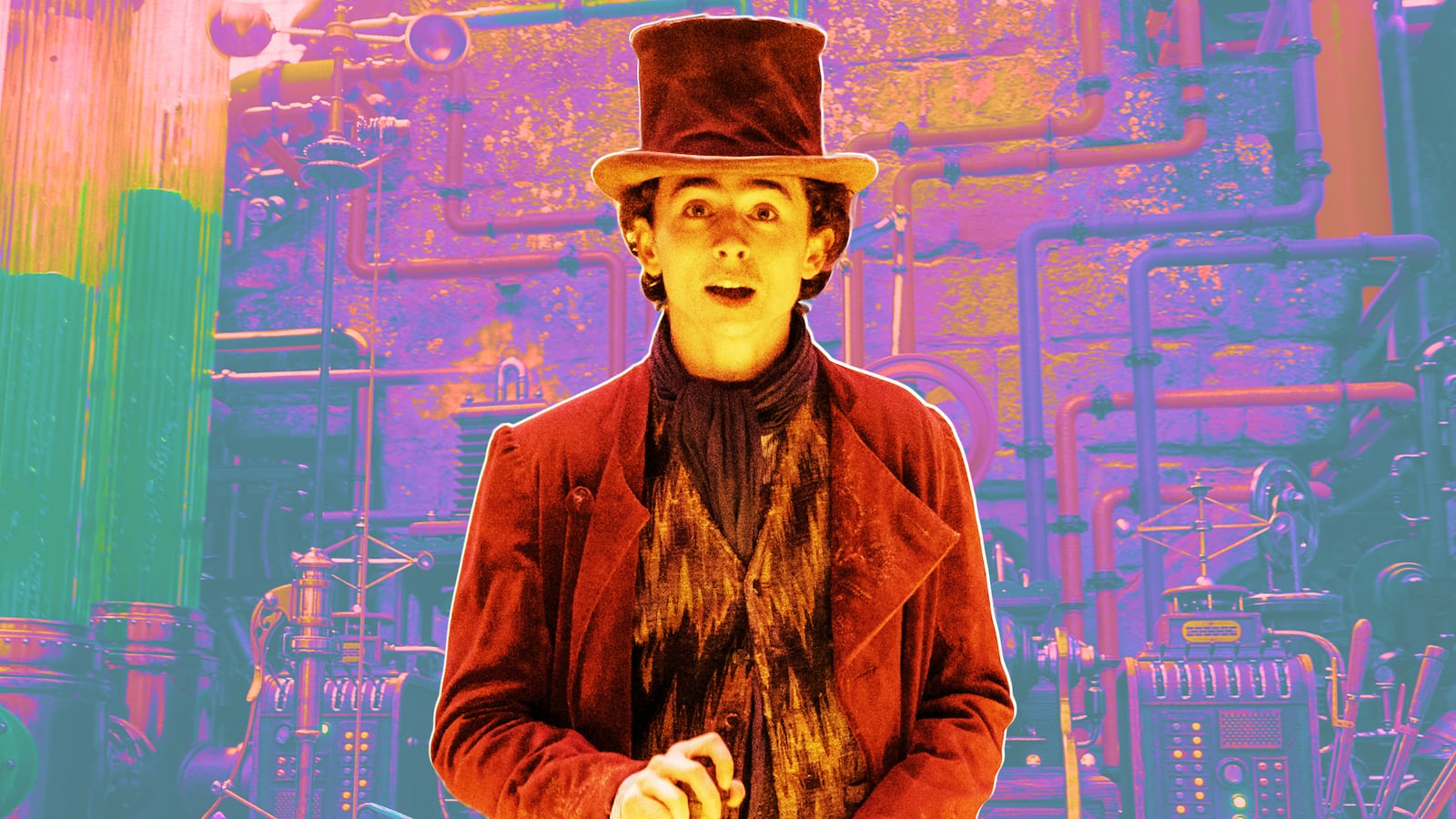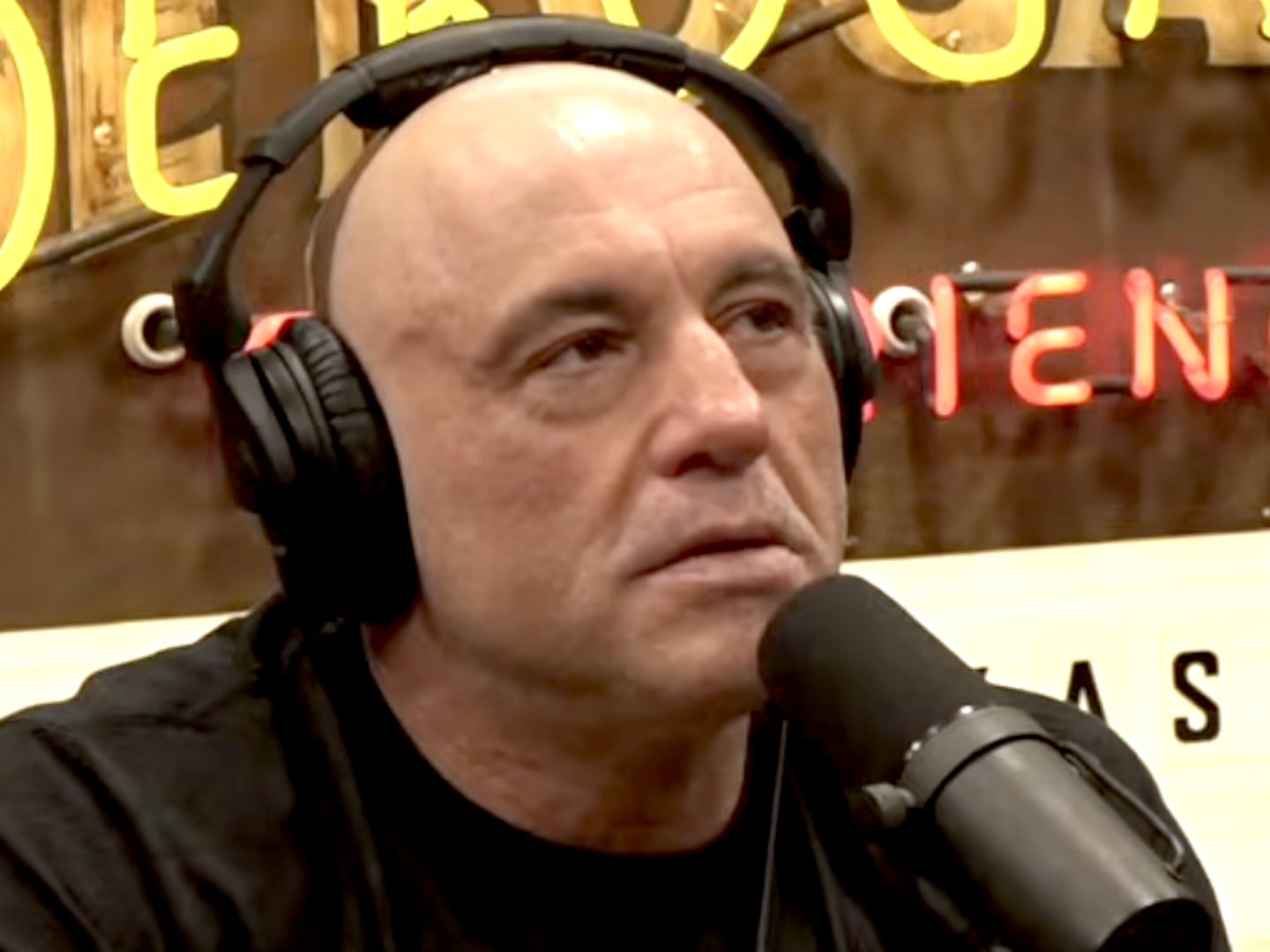There are roughly 47,000—oh, wait, a new Netflix Original just dropped; make that 47,001—TV shows and movies coming out each week. At Obsessed, we consider it our social duty to help you see the best and skip the rest.
We’ve already got a variety of in-depth, exclusive coverage on all of your streaming favorites and new releases, but sometimes what you’re looking for is a simple Do or Don’t. That’s why we created See/Skip, to tell you exactly what our writers think you should See and what you can Skip from the past week’s crowded entertainment landscape.
Skip: Wonka
Wonka is a hodgepodge of failed worldbuilding for a prequel so painfully saccharine you’ll need massive dental work. Even Timothée Chalamet’s reliable charisma grows tiresome as the chocolatier sings, dances, and goofs his way to a big finish.
Here’s Nick Schager’s take:
“Crafting an origin story for a character who doesn’t need one—and whose appeal in fact hinges, to a considerable extent, on his mysterious, inexplicable wondrousness—is not what one might call “pure imagination,” and yet here is Wonka, doing just that for Roald Dahl’s famed chocolatier, who became a pop culture icon courtesy of Gene Wilder in 1971’s Willy Wonka & the Chocolate Factory. Paul King’s quasi-musical casts Timothée Chalamet as the young protagonist, whose adventurous attempts to make it in the candy business are the stuff of wholesale derivation, stitched together from innumerable superior films, not least of which is Mel Stuart’s (and, for that matter, Tim Burton’s 2005) predecessor. Unoriginal and ungainly at every turn, it’s a debacle devoid of any genuine magic.
Delivering more forced whimsy than both of King’s Paddington features combined, Wonka, which hits theaters Dec. 15, is, in form and content, a misbegotten hodgepodge that envisions Wonka’s early days through a painfully plagiaristic cinematic lens. Arriving on a ship from the African wilds where he was raised by his beloved late mother (Sally Hawkins), the twentysomething impresario lands in an unidentified city whose elaborately designed and embroidered architecture and décor recall Babe: Pig in the City by way of Amélie, Big Fish, Harry Potter, Peter Pan, and even Mr. Magorium's Wonder Emporium, the last of which is particularly galling given that it’s a second-rate Dahl knock-off. It’s in this bustling urban epicenter that Wonka plans to make his fortune, having always dreamed—thanks to his mom—of opening a shop in the same four-cornered Gallery Gourmet where the world’s finest chocolate is produced and sold.”

Emma Stone in Poor Things.
Yorgos Lanthimos/Searchlight PicturesSee: Poor Things
Poor Things brims with the kind of doe-eyed wonder that only someone new to the world could have. Emma Stone’s brilliant Bella Baxter brings that marvel to hysterical new heights as a character whose inhuman origin story becomes all too relatable.
Here’s Coleman Spilde’s take:
“If you’ve seen Poor Things, the marvelous new film from Greek auteur Yorgos Lanthimos, chances are that you were expecting a wild, occasionally perverse ride. After all, Lanthimos—whose work includes films about crooked doctors being blackmailed by nefarious teens, single people being turned into animals if they don’t partner up, and needy, gout-stricken royalty—is known for his penchant for the peculiar. But whether you were intimately familiar with Lanthimos’ films or were just looking to see the latest rousing performance from Emma Stone is no issue: Poor Things is a crash course in Lanthimos’ most treasured cinematic oddities.
Among all of the fisheye-lens cutaways and gleefully caustic dialogue, one moment, in particular, might’ve given you pause. It’s a revelation that arrives about halfway through the film, and turns an already kooky narrative on its head once more. Up until this point, viewers are led to believe that Bella Baxter (Stone), after dying by suicide, was reanimated by the brilliant scientist Dr. Godwin Baxter (Willem Dafoe). This is enough to explain Bella’s curious disposition and her maladroit movements as she regains control of her corporeal form—or so we initially believe.”

The Boy and the Heron.
Studio GhibliSee: The Boy and the Heron
The Boy and the Heron is a stunning farewell from Hayao Miyazaki (if he sticks to his word this time): A melange of the director’s fantastical and tender impulses, it’s a melancholic yet hopeful meditation on grief and all that comes with it.
Here’s Barry Levitt’s take:
“Hayao Miyazaki has long been one of cinema’s most revered filmmakers. A pioneer of animation, Miyazaki has spent nearly 40 years at the head of Studio Ghibli, transforming it from a plucky upstart into one of the world’s leading animation studios. His long, astonishing career has delivered bona fide masterpieces like Spirited Away, My Neighbor Totoro, and Princess Mononoke. That’s why animation fans, myself included, were devastated when Miyazaki announced his retirement in 2013. But he had one final film to give us, one of his best: the extraordinary The Wind Rises, which felt like a perfect swan song.
But Miyazaki was not, in fact, going gently into that good night. Instead, in 2021, he came out of retirement to announce his twelfth (and, this time, final) film: How Do You Live? Remarkably, the film was marketed in Japan with just a single poster—no trailer, stills, plot information, nothing. The names of Miyazaki and Studio Ghibli have proved more than enough; since it hit theaters there in July, the film has become one of the highest-grossing movies in Japanese cinema history.”

Merry Little Batman.
Warner BrosSee: Merry Little Batman
Merry Little Batman is an answer to every Batman-loving parent’s biggest question: How do I enjoy the Caped Crusader at Christmas with something less terrifying for kids than Batman Returns? This delightful, gorgeously animated special will do just the trick.
Here’s Jesse Hassenger’s take:
“You have to hand it to the folks in charge of cranking out movies and TV shows based on DC Comics characters: They may oversaturate the market with Batman, resulting in near-infinite iterations and continuities running at once, but at least they’re not precious about their marquee hero. For every grim-faced cinematic incarnation of the Caped Crusader from the past decade, there seems to be an animated project dedicated to an affectionate mockery of that same image.
In parallel with Christian Bale, Ben Affleck, and Robert Pattinson playing Batman on the big screen, younger fans have seen him portrayed as a pompous egomaniac (The Lego Batman Movie), a doofus silently frolicking with Commissioner Gordon (Teen Titans Go!), and now, in the straight-to-streaming animated feature Merry Little Batman, a doting and overprotective father voiced by Luke Wilson—a charming actor, but no one’s idea of an imposingly tormented soul.”
Sign up for our See Skip newsletter here to find out which new shows and movies are worth watching, and which aren’t.






